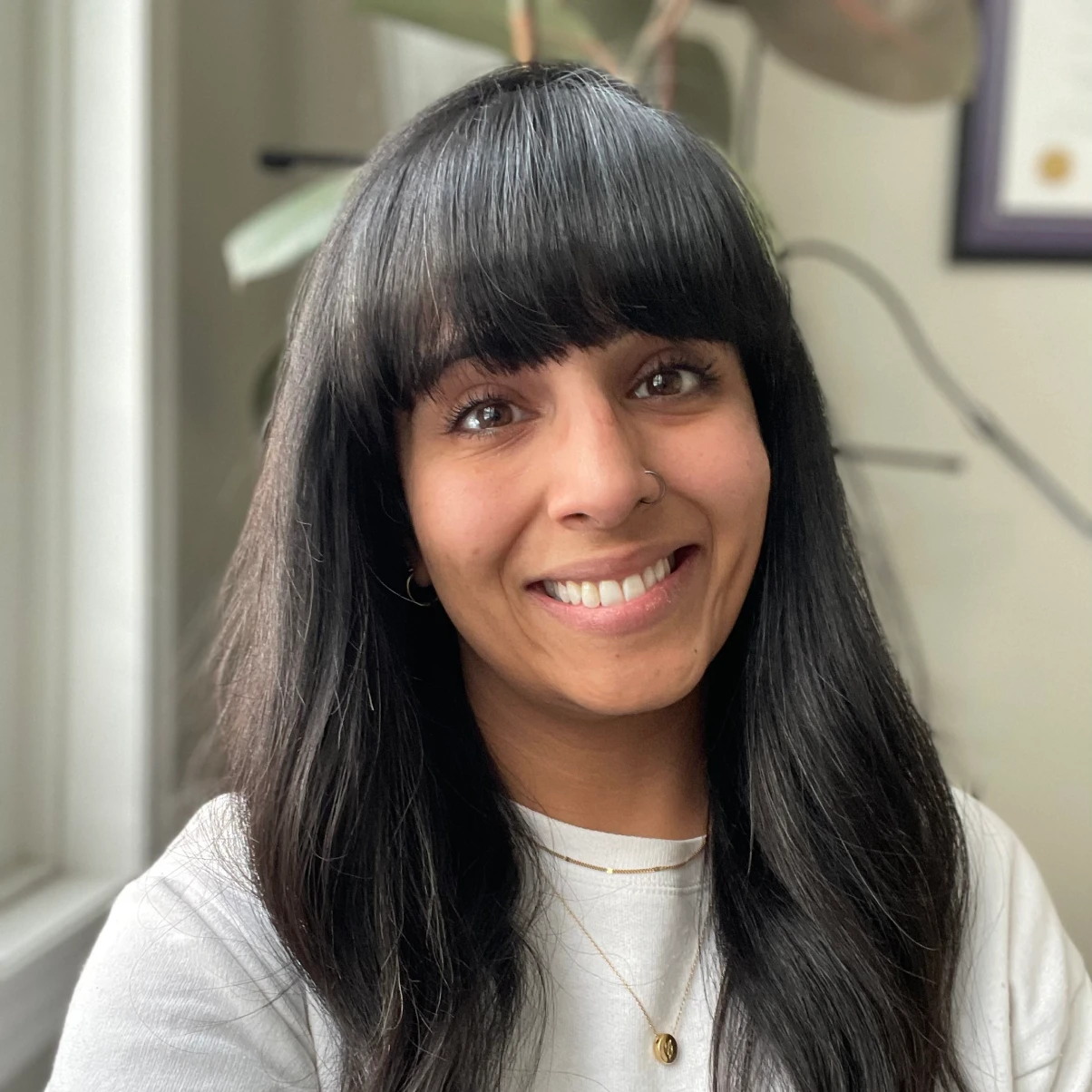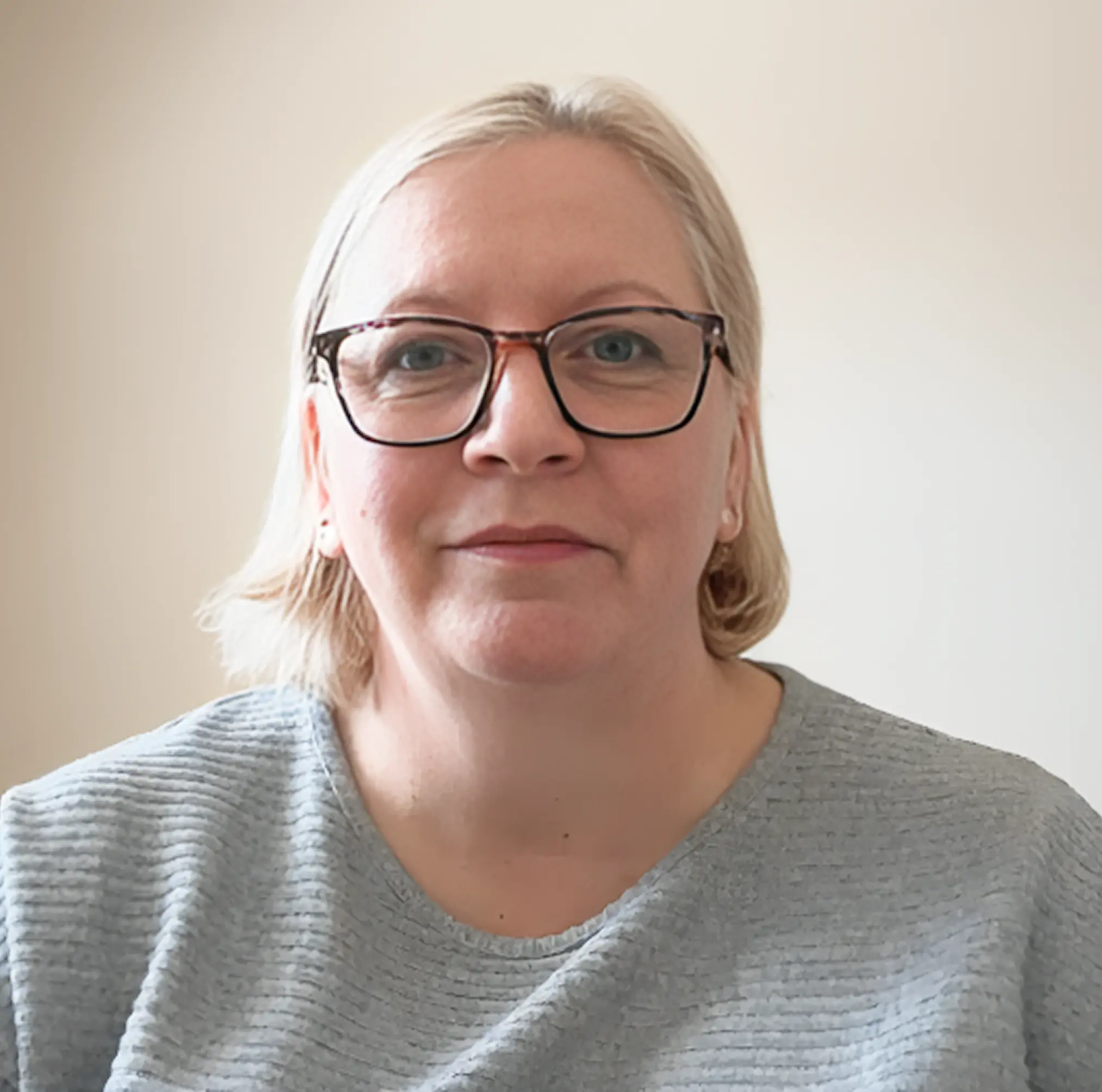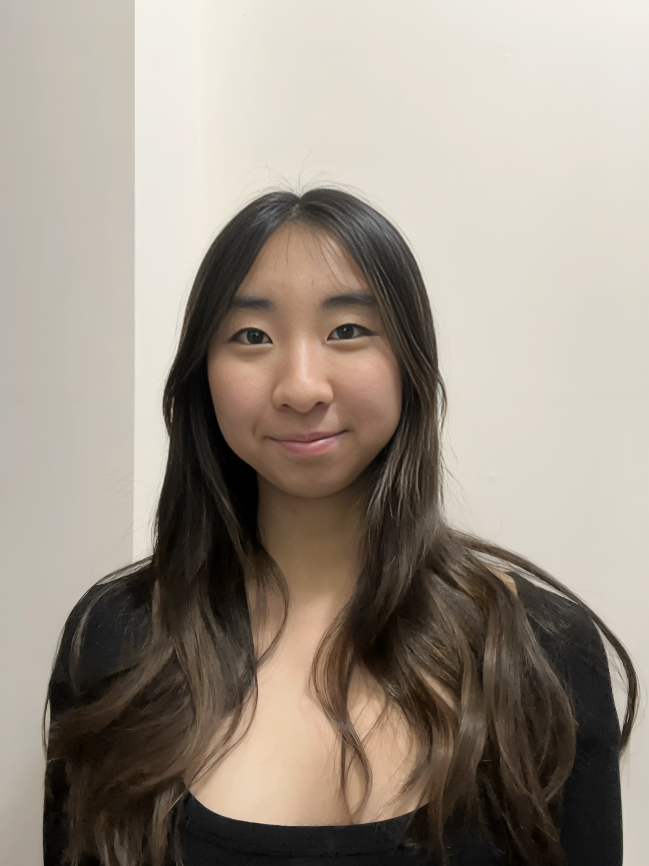Learning a new language is a rewarding yet challenging endeavor, and French is no exception. If you're wondering how long it takes to learn French, there isn't a one-size-fits-all answer.
On average, dedicated learners can achieve basic conversational fluency in approximately 23-24 weeks (575-600 hours). This timeline can vary based on factors such as your native language, immersion experiences, and the intensity of your study sessions.
The path to becoming fluent in French involves progressing through different stages defined by the Common European Framework of Reference for Languages (CEFR).
Beginners start at A1, learning basic vocabulary and grammar. Intermediate learners advance to B1 and B2, where they can handle more complex conversations. Achieving C1 or C2 levels means you can understand and produce complex texts and fluent speech, akin to a native speaker.
The key to mastering French lies in combining effective learning techniques with regular, immersive practice.
Utilize apps, books, podcasts, and authentic materials to enhance your learning experience.
Remember, consistency is crucial—daily engagement with the French language will yield the best results.
Key Takeaways
- Basic fluency in French can be achieved in 23-24 weeks.
- CEFR stages guide your progress toward advanced fluency.
- Consistent practice with varied resources accelerates learning.
Understanding the CEFR Levels

The Common European Framework of Reference for Languages (CEFR) categorizes French language proficiency into six levels: A1, A2, B1, B2, C1, and C2. Each level represents a milestone in your language-learning journey, detailing the skills you will acquire along the way.
The Basics: A1 and A2 Levels
At the A1 level, you are considered a Basic User of French. This initial stage generally requires 60-100 hours of study. You will master simple phrases, greetings, and essential vocabulary. Your ability to understand and use familiar everyday expressions will solidify.
The A2 level, also under the Basic User category, takes around 100-160 additional hours beyond A1.
At this phase, you will grasp sentences and frequently used expressions related to areas of immediate relevance. You’ll be able to communicate in simple, routine tasks requiring a direct exchange of information.
Intermediate Mastery: B1 and B2 Levels
The B1 level signifies an Intermediate User. To reach this proficiency level, you may need 200-300 cumulative hours of study.
By this stage, you will understand the main points of clear standard input on familiar matters regularly encountered in work, school, or leisure. Your speaking skills will include the ability to deal with most situations likely to arise while traveling in a French-speaking area.
At B2, which marks the transition to an Independent User, you will likely invest 400-500 cumulative hours.
You will comprehend the main ideas of complex texts on both concrete and abstract topics, including technical discussions in your field of specialization. Enhanced writing and conversational skills will enable you to interact with a degree of fluency and spontaneity without strain for either party.
Advanced Proficiency: C1 and C2 Levels
By reaching the C1 level, you enter the realm of Advanced Users, requiring 800-950 cumulative hours.
At this stage, your language skills will allow you to understand a wide range of demanding, longer texts, and you'll recognize implicit meaning. You’ll express ideas fluently and spontaneously without much obvious searching for expressions.
The C2 level represents the pinnacle of language proficiency, with over 1000 cumulative hours often needed.
As a Proficient User, you will understand virtually everything heard or read with ease. You'll also be able to summarize information from different spoken and written sources, reconstructing arguments and accounts in a coherent presentation.
Key Factors Affecting Language Learning
Several elements influence how quickly you can learn French, including your background, the time and effort you dedicate, and the resources available to you.
These factors play critical roles in determining your language learning journey.
Learner's Background and Native Language
Your background significantly affects your language learning speed. If your native language is English or another Romance language, the similarities in vocabulary and grammatical structures can make learning French easier and faster.
This is because you may already be familiar with linguistic patterns and vocabulary roots that are common in these languages.
On the other hand, if your native language is vastly different from French, such as Mandarin or Arabic, you might find it more challenging to grasp French phonetics, syntax, and grammar.
Prior experience with language learning, even if it’s not French, can also be beneficial. Knowing how to approach new languages and apply effective learning techniques can accelerate your progress.
Time Commitment and Consistency
The amount of time you can dedicate to learning French has a direct impact on how quickly you become proficient.
Studies indicate that reaching a B2 level in French typically requires between 560 and 650 hours of lessons.
Consistent daily practice, even if it's for a short duration, tends to be more effective than longer, infrequent sessions.
A structured schedule with regular intervals of study helps reinforce learning and retain information.
Combining formal lessons, such as classes or tutoring, with self-study can offer a balanced approach.
Consistency also extends to practicing speaking, listening, reading, and writing in French to ensure comprehensive language development.
Access to Learning Resources and Environment
Your environment and access to resources play vital roles in your language learning experience.
Living in a French-speaking country or community immerses you in the language, providing countless opportunities for practice. However, even without immersion, the availability of diverse learning resources can make a significant difference.
Utilize textbooks, online courses, language apps, and multimedia content like French films and podcasts to enhance your learning.
Engaging with native speakers through language exchange programs or conversation partners can also provide practical experience.
If your resources are limited, free online platforms and community resources like libraries can be valuable tools in your language learning arsenal.
Effective Learning Techniques
To effectively learn French, incorporating immersive learning, utilizing digital tools, and engaging with French media are crucial. These methods enhance linguistic exposure and make the learning process enjoyable and effective.
Incorporating Immersive Learning
Immersive learning is a powerful technique for mastering French. By surrounding yourself with the language, you accelerate the acquisition process.
Consider traveling to a French-speaking country or joining a language exchange program.
Daily practice is key. Interact with native speakers as much as possible. Join French-speaking clubs or communities to practice regularly.
Make it a habit to think in French and use it in everyday conversations.
Role-playing and practical exercises help reinforce learning. Act out common scenarios, such as ordering food at a restaurant or asking for directions, to build confidence and fluency.
Utilizing Digital Tools and Online Courses
Digital tools and online courses offer a flexible way to learn French at your own pace.
Platforms like FluentU and Preply provide comprehensive lessons and exercises that cater to different proficiency levels.
Language learning apps such as Duolingo or Babbel can supplement your learning. They offer interactive exercises and quizzes that improve vocabulary and grammar.
Take advantage of online courses from reputable sources. Courses often include structured lessons, practice exercises, and forums for interaction with instructors and other learners. This combination ensures a well-rounded learning experience.
Engagement with French Media
Engaging with French media is an effective way to improve your listening and comprehension skills.
Begin by watching French movies or TV shows with subtitles to get accustomed to the rhythm and pronunciation of the language.
Listening to French podcasts can enhance your auditory skills. Choose topics that interest you to make learning enjoyable.
Reading French books, newspapers, and blogs also builds your vocabulary and understanding of syntax. Start with simpler texts and gradually move to more complex materials as your proficiency improves.
Practical Tips for Language Practice

Mastering French involves building a strong grammar and vocabulary foundation, honing speaking and listening skills, and integrating the language into daily life. Each step is crucial to becoming proficient in French.
Building a Strong Foundation in Grammar and Vocabulary
Begin by familiarizing yourself with basic grammar rules and essential vocabulary. Focus initially on common verbs, nouns, adjectives, and sentence structures.
Use online resources like Grammar Books and Flashcards.
Grammar Tools like Duolingo or Anki can reinforce learning.
Consistent practice helps, so try to study daily.
Consider setting aside time to practice conjugation and sentence formation as it helps in constructing meaningful sentences quickly.
Speaking and Listening Skills Development
Improve your conversational French by actively engaging in speaking and listening activities.
Join language exchange programs or use apps like Tandem to practice with native speakers.
Listen to French music, podcasts, and watch French TV shows or movies to better your listening skills.
Try to repeat sentences aloud to practice pronunciation and intonation.
Record your voice and compare it with native speakers.
Making Use of French Language in Daily Life
Incorporate French into your daily routine. Set your phone or social media apps to French to immerse yourself.
Read French books or articles to enhance vocabulary.
Try talking to yourself in French throughout the day.
Use labeling: label household items with their French names to reinforce vocabulary.
When comfortable, engage in simple conversations with yourself or with others in French to further embed the language into your daily life.
Setting and Achieving Language Goals

Setting clear and achievable language goals is critical for mastering French. Focus on establishing a realistic timeline, monitoring your progress, and customizing your study plan to suit your individual needs.
Determining a Realistic Timeline
Estimate the time commitment required based on your fluency goals and available study hours.
For example, achieving fluency might require around 580 hours or 23 weeks of study.
Break down this cumulative time into daily or weekly sessions. If you study for 1 hour every day, it could take approximately 1.5 years to reach fluency.
Evaluating Progress and Setting Milestones
Regularly assess your progress to stay motivated and make adjustments if necessary.
Set smaller milestones, such as reaching a B2 level in French after a certain number of hours.
Use various methods to evaluate progress: language tests, practice with native speakers, or self-assessment tools.
Tailoring the Learning Journey to Individual Needs
Customize your learning journey to align with your personal objectives and constraints.
If you can study intensively, you might reach your goals faster. For instance, dedicating 6 hours a day could significantly shorten your timeline.
On the other hand, even 20 minutes a day can be effective in the long run.
Adapt learning techniques to suit your preferences, whether through formal classes, language exchange, or independent learning.








































































